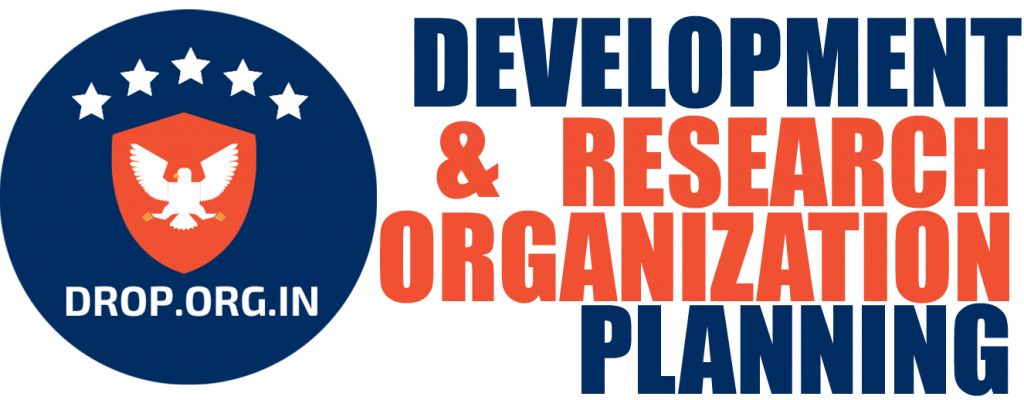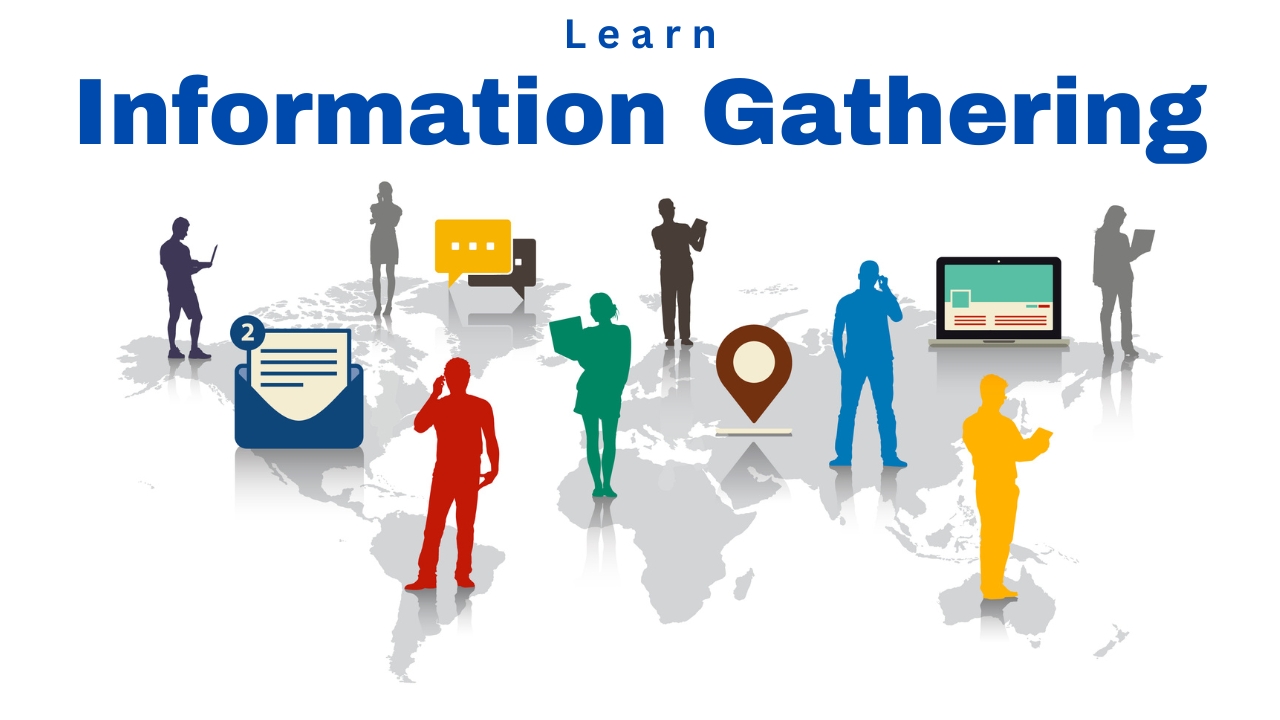Obtaining information. It seems very easy, doesn’t it? We do it every day, whether it’s looking for a new restaurant or checking the weather forecast. However, obtaining reliable information the kind that supports creative thinking, well-informed judgment, and successful problem solving requires a sophisticated skill set. This comprehensive blog explores the many methods, uses, and best practices related to information gathering.
Exposing the Why: The Significance of Data Collection
Let’s first establish the why before moving on to the how. Why is obtaining information so important? To name a few, these are:
- Making Informed Decisions: Making wise choices requires having a strong information base. By obtaining pertinent data, figures, and viewpoints, information collecting assists us in making well-informed decisions with a clear grasp of the possible consequences.
- Solving Problems: Up against a challenge? Obtaining information gives us the tools we need to analyze the issue, determine its underlying causes, and create workable solutions.
- Research and Learning: Information collection is the cornerstone of knowledge acquisition, whether you’re a professional looking to broaden your skills or a student exploring a new subject.
- Competitive Advantage: Having access to and comprehension of the appropriate information can provide you with a considerable advantage over rivals in today’s information-driven environment.
- Strategic Planning: By offering insights into trends, market dynamics, and prospective opportunities, efficient information collecting supports strategic planning.
The Information Gathering Toolbox: Methods for All Situations
Let’s now examine the wide variety of methods for obtaining information that you can employ:
- Open-Source Intelligence (OSINT):
This methodology entails utilizing publically accessible data from multiple sources, such as:
- Search Engines: You can find a wealth of information by becoming proficient with boolean operators and advanced search tools in your search engine queries.
- Government and Public Records: Useful data sets, reports, and statistics can frequently be found on government websites, public libraries, and data portals.
- News Articles and Blogs: Read through credible news sources and pertinent blogs to stay up to date on current affairs and business trends.
- Social media: Social media sites can provide a wealth of information on brand mood, public opinion, and new trends. It is imperative to assess the reliability of information acquired from social media platforms.
2. Library Research:
Libraries continue to be an effective tool, providing access to:
- Novels and Journals: In-depth information and a range of viewpoints can be found in scholarly journals, trade publications, and thoroughly researched novels.
- Librarians: Trained information professionals, librarians can assist you in quickly navigating large collections of resources and locating the information you require.
3. Interviews and Surveys:
Directly obtaining information from individuals yields insightful knowledge and can be accomplished by:
- Interviews: One-on-one interviews provide you the chance to collect qualitative information and go further into particular subjects.
- Surveys: Using structured surveys, you can get quantitative information from a bigger number of respondents.
4. Observation:
Observing something firsthand might sometimes be the greatest way to understand it. Here are a few methods:
- Direct Observation: Pay close attention to a process, an occasion, or a behavior to learn more about how things go about or develop.
- Case Studies: By examining previous case studies, you can spot patterns and draw lessons from your past experiences.
5. Data Collection and Analysis:
In the data-driven world of today, data leveraging is crucial:
- Data Collection Tools: To collect quantitative data, use specialist software, online questionnaires, or website analytics tools.
- Data Analysis Techniques: To glean insightful information from gathered data sets, become proficient in data analysis techniques such as statistical analysis and data visualization.
6. Ethical Considerations:
Recall that obtaining information should always be done in an ethical manner. Here are some important things to think about:
- Privacy: Honor people’s and organizations’ right to privacy. Only collect data that you are legally permitted to obtain.
- Attribution: Always give credit where credit is due and cite your sources.
- Transparency: Clearly state why you are collecting this data.
Putting It into Practice: Information Gathering Applications
Information collection is a flexible instrument that can be used in a number of situations:
- Academic Research: Students perform research, produce papers, and get ready for presentations by acquiring material.
- Business and Marketing: Companies utilize data collection to analyze competitors, conduct market research, and create customer profiles.
- Journalism and Investigation: To find facts, confirm information, and accurately report stories, journalists rely on information collection.
Getting the Hang of It: The Best Methods for Acquiring Information
Now that you know the different methods, let’s look at some best practices to make sure you’re getting accurate and useful information:
- Establish Your Goals: Clearly state what information you need and why before you start. This will assist you in selecting the most suitable methods and preventing information overload.
- Formulate a Search Strategy: To expedite your search and locate the most pertinent data, formulate a well-organized search strategy that includes pertinent keywords, Boolean operators, and filters.
- Consider the Credibility of the Source: Not all information is created equal. Learn to evaluate the reliability of your sources with a critical eye. Take into account the credibility, knowledge, objectivity, and possible biases of the source.
- Triangulation: Avoid depending just on one data source. To ensure accuracy and a comprehensive view, triangulate data from several reliable sources to support your results.
- Organize and Take Notes: As you learn more, keep thorough notes that include source citations and important insights. To keep your information accessible and organized, use reference management software or mind maps as organizational tools.
- Refine and Repeat: Obtaining information is frequently an iterative process. As you gain new knowledge, hone your search terms, look into other sources, and be ready to go back and review earlier stages to make sure you understand everything.
In summary, honing your information gathering techniques
Getting information is a strong talent that can help you navigate the always changing environment around you, solve problems successfully, and make educated judgments. Through the mastery of the different approaches, best practices, and ethical considerations covered in this blog, you can develop into an expert in information collection, ready to take on any task related to research or problem solving. Recall that knowledge is power, and in today’s knowledge-driven world, having the capacity to get and evaluate it well is an invaluable advantage.


Leave a Reply